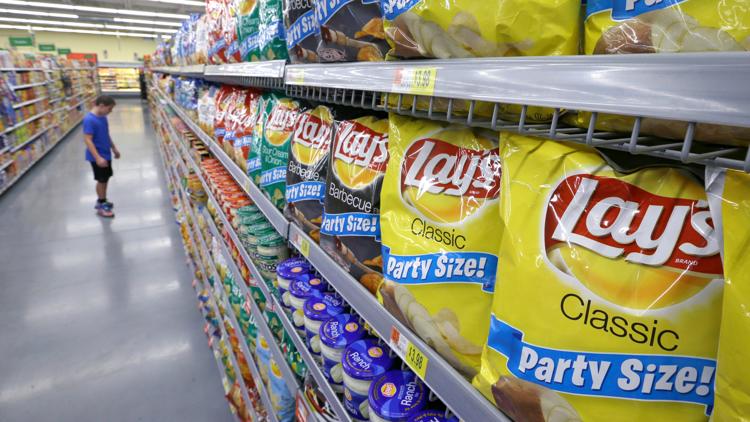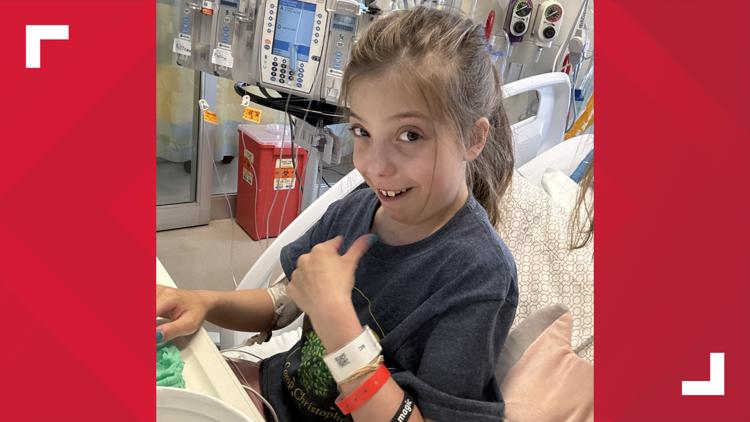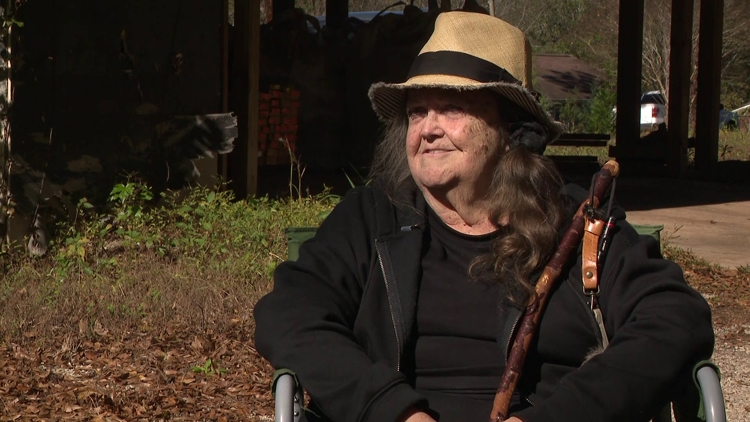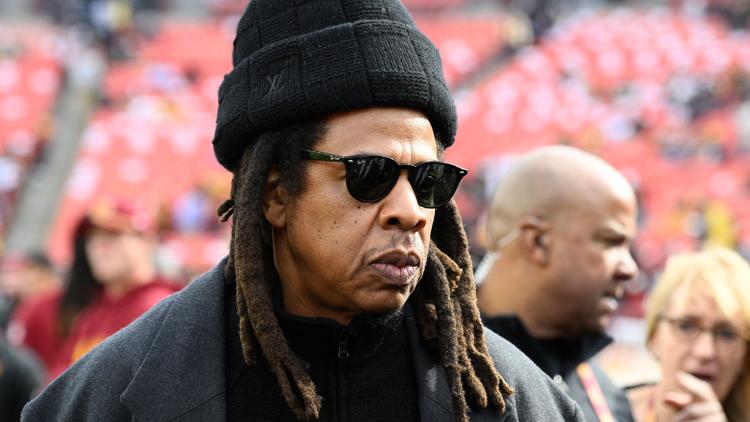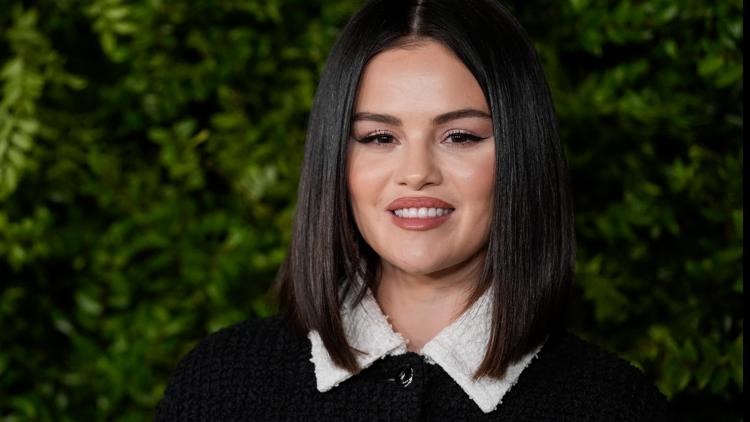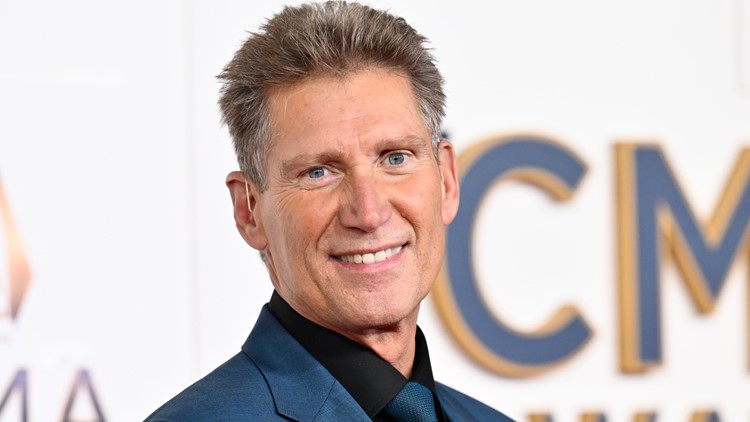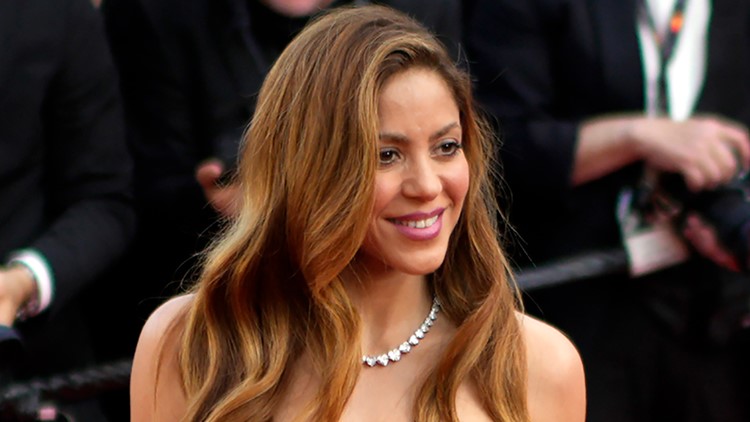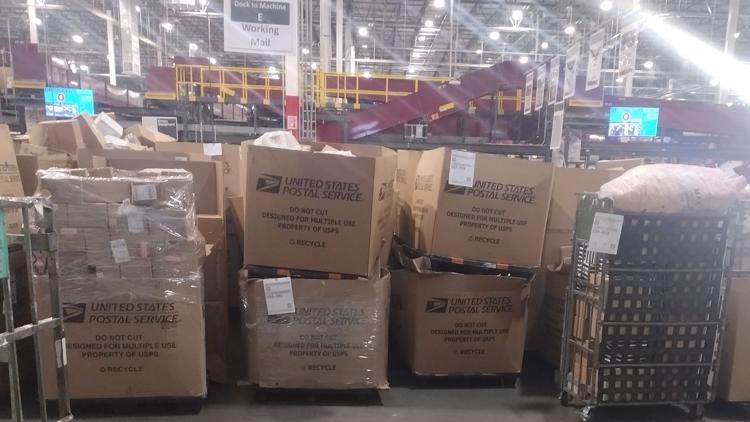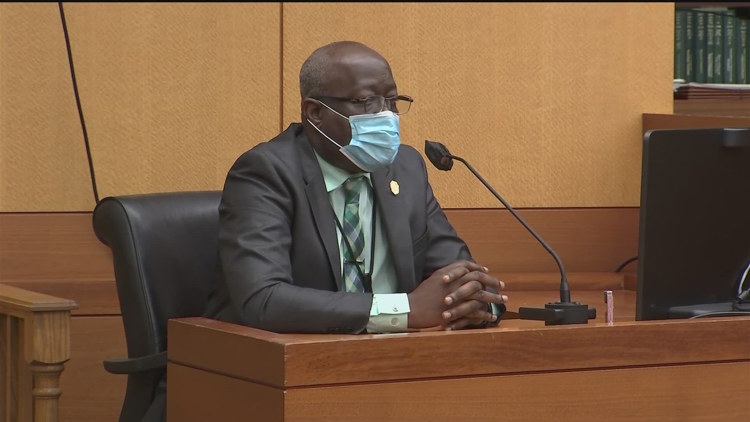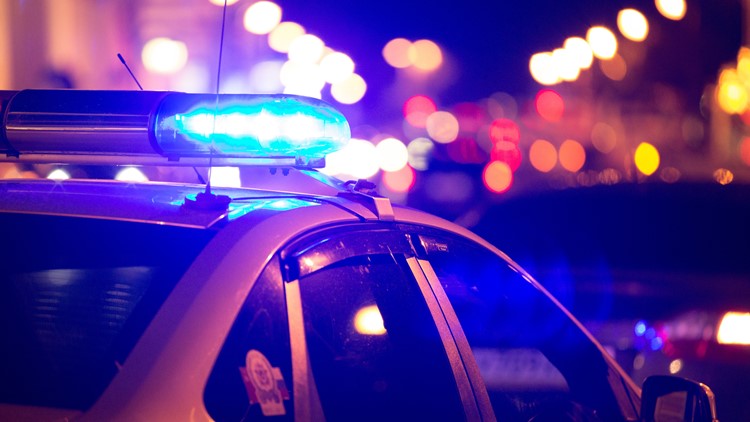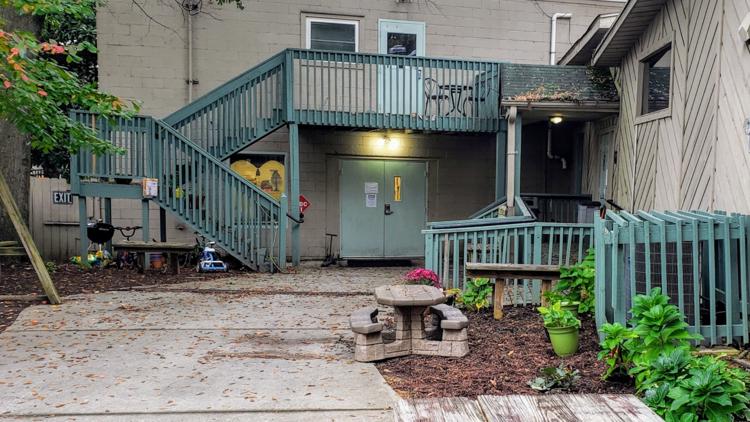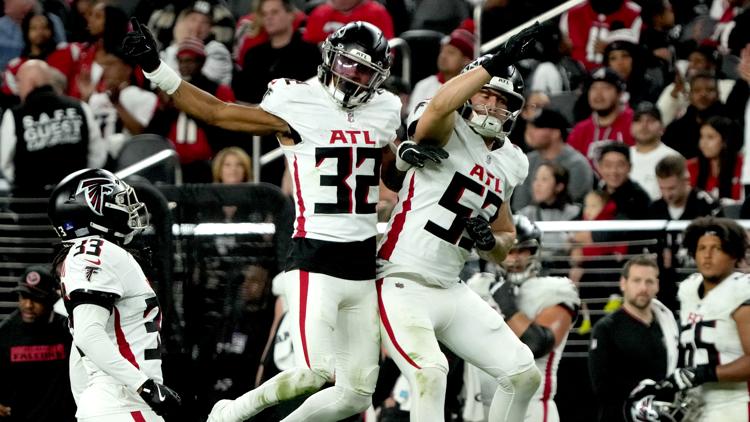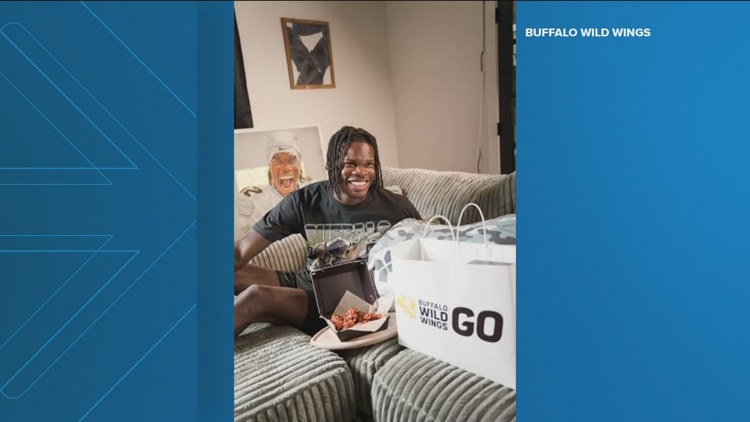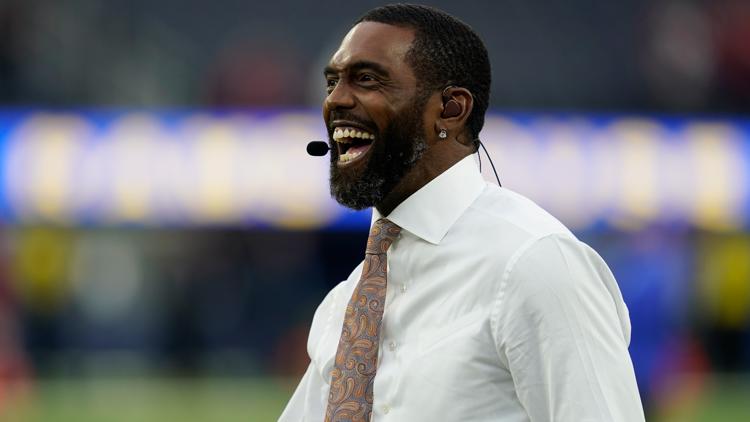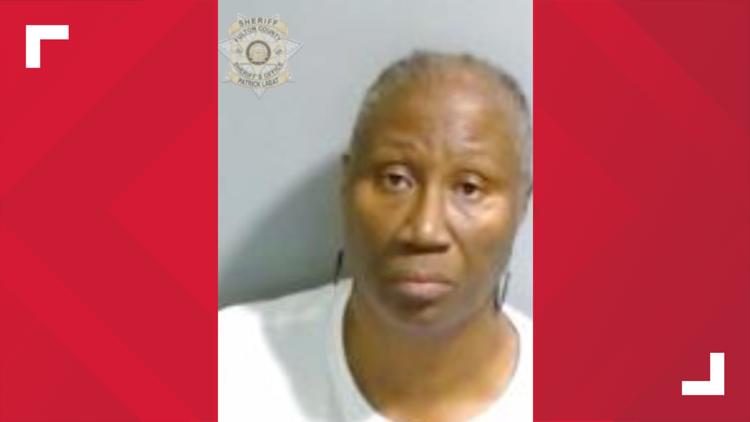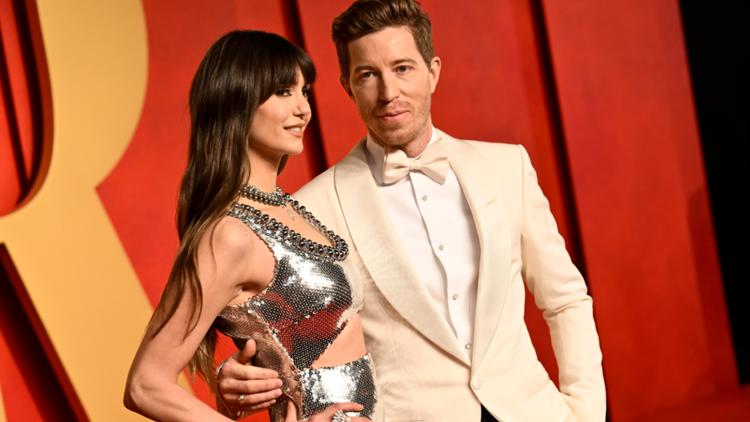Take 5 with hip hop/pop rapper and lyricist Rochelle Bloom
What exactly is art; who defines it; who makes it, and where in Atlanta do poets, thespians, and artists congregate and create? We’ll use this space to catch up with a few for a few…some you may know; others we hope you’ll be pleased to make their acquaintance. During the pandemic, I was one of […] The post Take 5 with hip hop/pop rapper and lyricist Rochelle Bloom appeared first on Rough Draft Atlanta.

What exactly is art; who defines it; who makes it, and where in Atlanta do poets, thespians, and artists congregate and create? We’ll use this space to catch up with a few for a few…some you may know; others we hope you’ll be pleased to make their acquaintance.

During the pandemic, I was one of nearly two-thirds of Americans who pursued a hobby (or two). Of course, mine were not practical like breadmaking or Pilates 101—though I almost perfected Stanley Tucci’s lockdown cocktail, the Negroni. My two were becoming a DJ and playing drums.
I grew up in a house with records, mainly jazz, always on rotation, taking piano lessons at Mrs. Tutt’s, and playing clarinet at Tuskegee (a proud Marching Crimson Piper.) So, drumming and DJ’ing should’ve been a breeze. I was sipping a Tucci libation when UPS picked up my drums to return them to Amazon, and my turntables went to storage when I moved to become a caretaker.
Though my music career ended way before “sheltering at home” did, I still know an excellent mixtape possibility when I hear it. Most recently, my dream collaboration is two Atlanta musicians: Violinist Jasmin Rhia and the incredible hip hop/pop rapper Rochelle Bloom.
Bloom comes to the table with a diverse creative history: Her grandfather is a painter, and her father introduced her to film scores and orchestral music growing up. Bloom lives in West Midtown but spends most of her time in recording studios or at Chattahoochee Works. One place you won’t find her is on social media, but we’ll get to that a little later.
Rochelle, since we met at the Nashville Film Festival, “Undecided,” “Sociopath,” “Momma,” and “Gang Gang,” and others have been in rotation. I love your sound. How did you become a rapper/lyricist, where do your ideas come from, and what are your future aspirations?
Teri, thank you for listening to my music! I’m originally from the Midwest, outside Gary, Indiana. This meant our news channels and radio stations were all from Chicago. Top 40 hits and rappers from that area, like Kanye and Twista, heavily influenced me. One day in 5th grade, I randomly started rapping, and everyone stopped what they were doing and surrounded me; then and there, I knew what I was meant to do.
I eventually learned that I could say something with my music; my ideas come from paying attention to what I feel strongly about in various scenarios. Generally, I am inspired by the music—my producers send me a beat, and I write to what it’s saying to me, usually alone. This gives me space to remove barriers and be 100% honest. I think through all possibilities of what and how to say something. My aspirations include five essential albums I need to express and write; those will be my Grammy winners.
Your look and sound are unique—I know you are a music advocate and proponent of protecting music creators from AI exploitation. What’s important to know about AI from your perspective?
You shouldn’t be able to create music in performing artists’ voices. The only fair use is if writers pitch songs; they should include a clear warning throughout that it’s an audio deepfake. Revenue from streaming platforms is distributed in a pool based on times played, so if someone uploads 100 AI-made songs, it’s stealing from the actual artists.
This can all be fixed, but tools and laws must be developed. If AI learns from our music, we should get paid a fee plus royalties each time – that’s copyright 101. I do not believe AI will take over the music industry, though. Microphones are other-worldly soul-capturing tools. For instance, when I listen to certain gospel records, I can hear and feel the holy spirit in my being. You can’t replace that.
I dig your aesthetic—the look, richness in color, style—it feels very American Horror Story. What drives your choices, the macabre and the symbolic artwork, e.g., the clowns and white rabbits?
Wow, thank you so much. My album cover for Electric Circus was created by Art Designer Prentis Brown, and my grandfather painted visuals for each song featured in some single covers. We are in the editing process of a collaboration—an experimental documentary in which I plan to auction off the artwork he did for it.
It’s funny you picked up on the American Horror Story vibe. From a marketing standpoint, over the last 10 years, its branding has been the definition of outstanding. It always catches your attention, and there’s nothing else like it. Ryan Murphy and I are both from Indiana, the Midwest, which can be a dark place; I describe my music, sonically, as a dark place with happy corners.
You worked on the film, Bob Trevino Likes It, and your music has been played in episodes of Charmed and Atlanta-based TV show, Johnson. Can you share more about your work on the film and the placement of your songs in TV shows?
It’s a great film! Tracie Laymon did an incredible job with it. I just played a micro part— recording one talent’s ADR. It’s all about the music now. Having music in TV shows is a full-circle moment for me. In college, I did the theme for an indie film’s soundtrack. I hope to do more of that and become a household name like Kanye, The Weeknd, Sia & 070 Shake in TV and film. I recently worked with a sync company that created a brief describing the type of music production they want—and they referenced me—telling the producers nothing else sounded like me.
You’re not on social media; I can only imagine that gives you more time to create. Who inspires your creativity, and why are you no longer active on social media?
I’ve been off social media for four years; the reasons are layered. I could write a book about it. It caused too many emotional shifts in me. I felt God prompting me to leave a platform I never thought I could leave. There’s freedom in surrendering that part of my life, trusting God will get the glory for my success. I value direct relationships.
What inspires me shifts over the years, but three songwriters helped shape my path:
- Lauryn Hill. I was too young to understand The Miseducation of Lauryn Hill when it came out, but now it comes alive for me—what she was talking about, how it is done. She made music for life.
- Lana Del Rey. She made the album I always wanted to; its sense of cinematic production intertwined with sensational lyrics. She creates in her own lane, never changing it, and keeps pushing.
- Ruelle. Not only is she one of my personal top five songwriters, but she is also the best sync (TV/Film) songwriter. One day, I put three James Bond theme songs: Adele’s “Sky Fall,” Lana Del Rey’s “24,” and Billie Eilish’s “No Time To Die” in a playlist, and I included a Ruelle song, “Final Hour,” and it took the cake. If the goal is to capture people’s attention and excite them for an upcoming film, if Ruelle and I did a record together, clients would pay top dollar. Our voices both cut, so I can only imagine a recording with her would stop people in their tracks.
Listen to Rochelle Bloom’s Spotify Playlist below.
The post Take 5 with hip hop/pop rapper and lyricist Rochelle Bloom appeared first on Rough Draft Atlanta.
What's Your Reaction?








